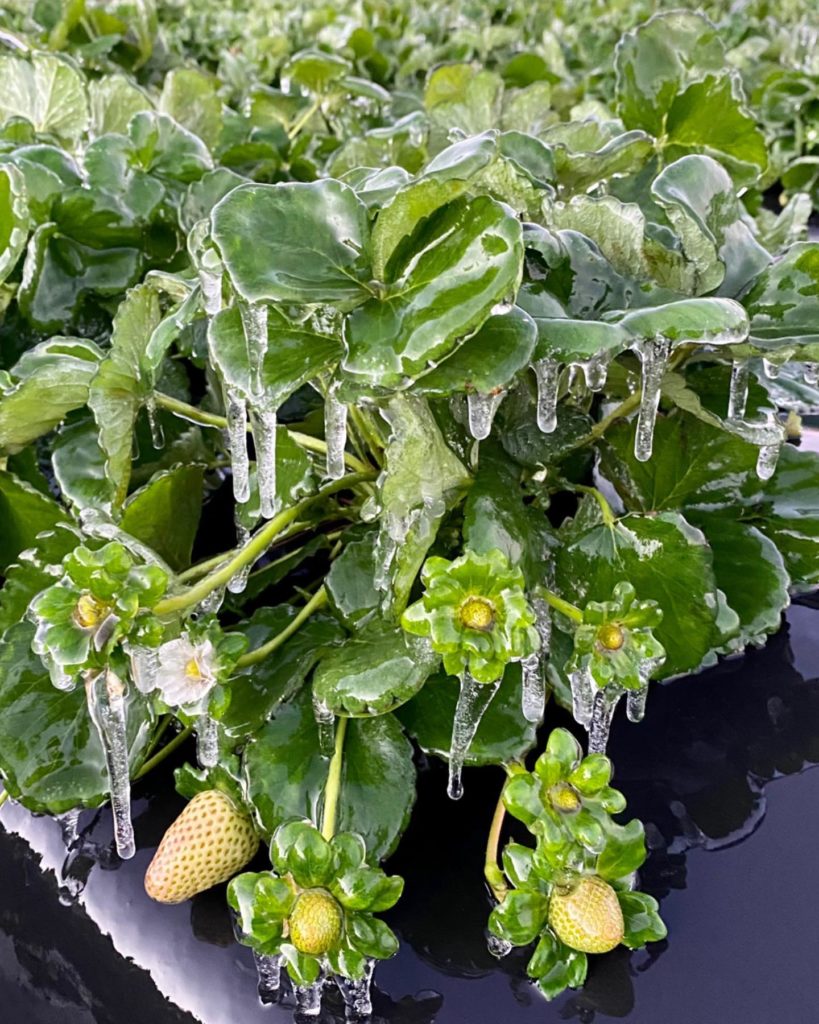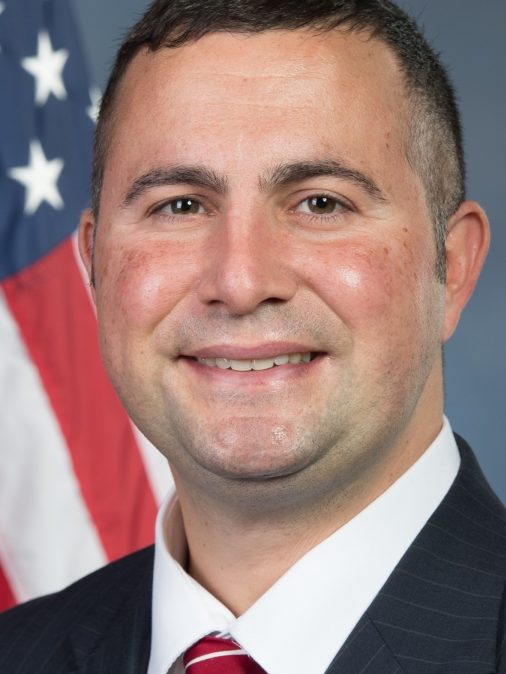U.S. Representatives Greg Steube (R-Fla.) and Darren Soto (D-Fla.) introduced The Temperature Endorsement for Multi-Peril Policies (TEMP) Act this week. It will protect farmers impacted by crop-damaging freezes. Rep. Steube proposes this legislation for inclusion in the 2023 Farm Bill.


“This winter, a freeze caused significant damages to Florida’s citrus, sugarcane, ornamental plants, and many fruits and vegetables. Currently, specialty-crop insurance policies are expensive, leaving farmers with limited options to mitigate their losses due to freezing temperatures,” said Congressman Greg Steube. “My legislation introduces an index-based temperature policy that will give our agriculture producers an additional layer of insurance coverage should temperatures drop below freezing. The Heartland of Florida provides the country with countless products – we must do everything we can to support our agriculture industry.”

“As we continue seeing freezing winters, it is critical for us to come together and ensure that our farmers are protected from the things they cannot control. I’m proud to join Congressman Steube in introducing this legislation to let our agriculture workers know that Congress stands with them,” said Congressman Darren Soto.
The Temperature Endorsement for Multi-Peril Policies (TEMP) Act:
- Directs the United States Department of Agriculture, Risk Management Agency to research and develop a temperature-based index policy for producers to select as an endorsement on-top of their underlying Multi-Peril Crop Insurance Policy.
- Like other popular index-based policies, such as Pasture, Rangeland, and Forage and the Hurricane Insurance Protection-Wind Index, the TEMP Act would be a temperature-based index policy that would use National Oceanic & Atmosphere Administration (NOAA) data to determine whether temperatures dipped below freezing for an extended period.
- Should NOAA data show temperatures stayed below freezing, the policy would trigger an indemnity to the producer.









